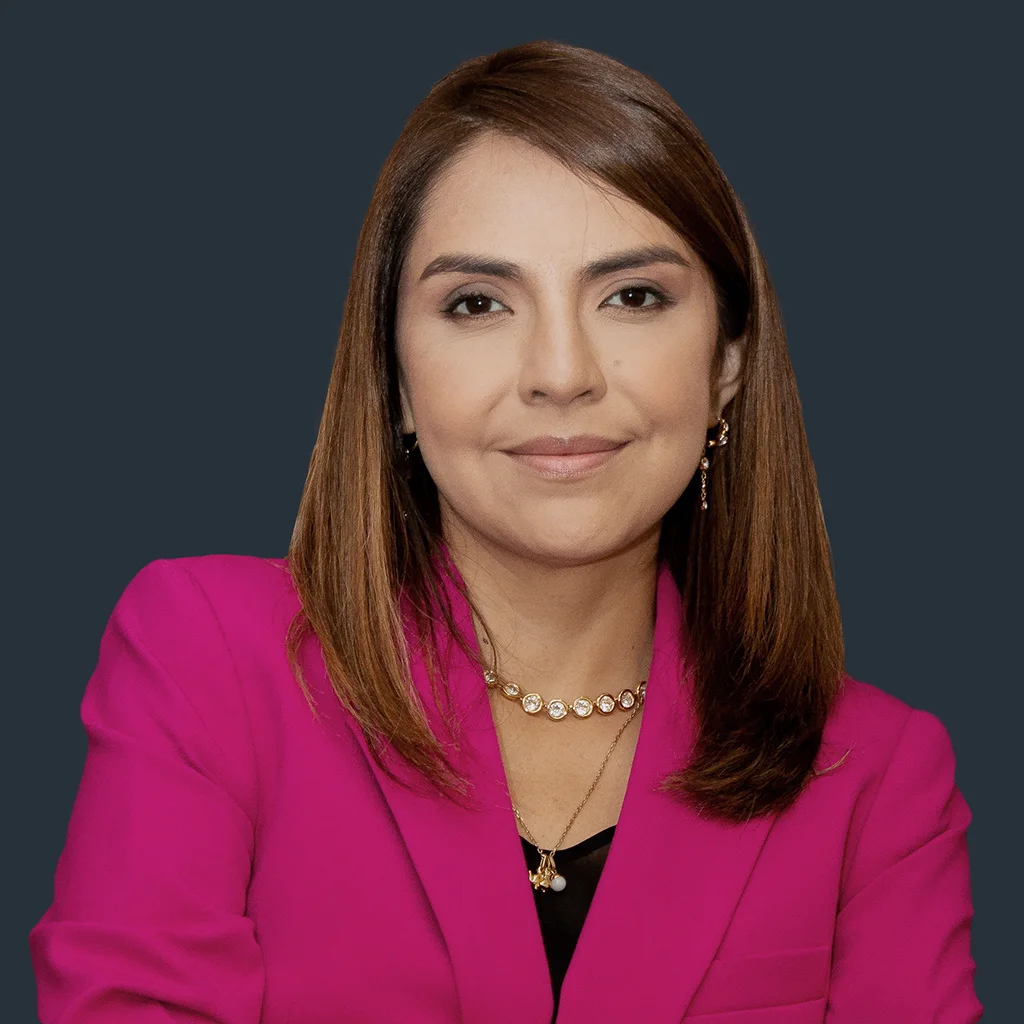
Alejandra Claros
Secretary General of CAF. Previously, she served as Chief of Staff to the President of Bolivia and National Coordinator of the National Telecommunications Company (ENTEL). She has a degree in Law and Political Science, and a master's degree in Multidisciplinary Law from the Universidad Mayor de San Simón (Bolivia), and in Political Communication and Marketing from the University of Alcalá (Spain).
Interview
Q/ What is the role of culture in social development and how is CAF’s strategy to promote it through different initiatives articulated?
If the history of Latin America and the Caribbean has taught us anything, it is that development is not only built through infrastructure. It needs those invisible threads that are culture and identity. That is why CAF supports culture because it is a tool for development. Not only do we have programs for the protection of heritage, but we are also making progress in the digitization of cultural content because, ultimately, culture is development.
Q/ In what way have communication and transparency been key instruments in generating trust among clients and strengthening CAF’s position? What instruments are key to promoting transparency in institutions?
In a world where institutions are in crisis, communication and transparency are not optional. They are the basis on which we build legitimacy and strengthen our relationship with countries, the private sector and the community in general. That is why we are committed to digital tools that allow us greater traceability in our projects and we promote a communication that not only informs, but can also connect CAF with its strategic allies. Latin America needs strong and reliable institutions.
At CAF we are committed to open governance, but we also want to be a bridge between knowledge and the real needs of the region. At CAF we have been generating knowledge for 20 years through the Report on Economic and Development. During this time we have learned that the definition of sustainability does not only refer to the environment, it is also cultural, it is social inclusion and, above all, digital. Latin America and the Caribbean is prepared, through the tools of knowledge, to face these new challenges of a more dynamic world.